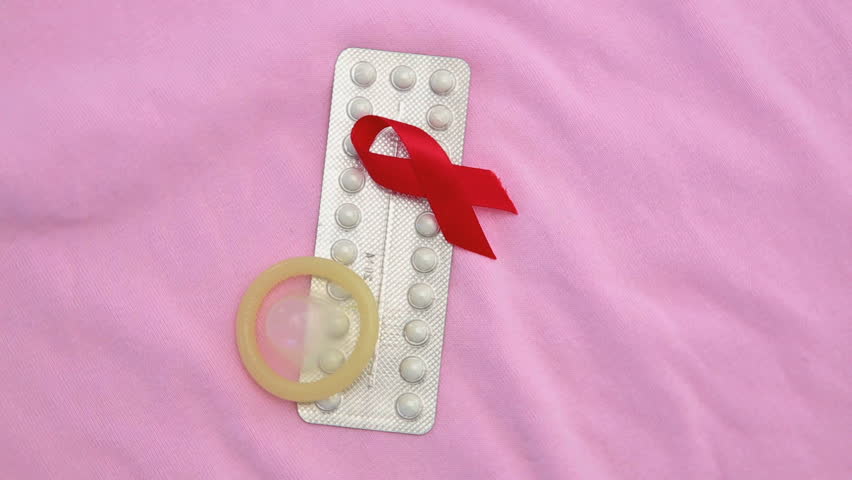Contents:
- Medical Video: Can You Eat That? (GAME)
- Various kinds of myths about eating the wrong fruit
- 1. Eating guava makes appendicitis
- 2. Eating cucumber makes vaginal discharge
- 3. Eat pineapple makes a miscarriage
- 4. Eating durian can make you drunk and high cholesterol
- 5. Diabetics cannot eat fruit
- 6. Eating fruit must be on an empty stomach
- 7. Drink fruit juice as healthy as eating fruit
Medical Video: Can You Eat That? (GAME)
We all know fruit is a healthy food. Unfortunately, there are many misleading myths that make most people reluctant to eat fruit. Let's find out the truth in this article!
Various kinds of myths about eating the wrong fruit
1. Eating guava makes appendicitis
There is an assumption in the community that eating guava can cause appendicitis because unconsciously we also ingest the seeds. In theory, the seeds will continue to accumulate so that it clogs the intestines.
In fact, food is not the direct cause of appendicitis. This is because after chewing in the mouth, the food will be directly destroyed by digestive enzymes. Your risk of experiencing appendicitis due to eating guava or other fruit with small seeds (such as watermelon, oranges and strawberries) either intentionally or not, is only 0.05 percent.
Intestinal blockage is usually caused by hardened stools, foreign objects, or even cancer cells.
2. Eating cucumber makes vaginal discharge
Cucumber is often associated with one of the causes of vaginal discharge in women. In fact, any food cannot cause vaginal discharge. Leucorrhoea is the body's automated system to cleanse your reproductive organs naturally, while protecting the vagina from infection and irritation. Leucorrhoea usually exits during ovulation.
3. Eat pineapple makes a miscarriage
There are many misleading myths about this prickly yellow fruit that tastes fresh sour. One of them said that eating pineapple during pregnancy makes a miscarriage.
The presumption of pineapple can cause miscarriages comes from the bromelain content which can trigger early contractions, thus increasing the risk of miscarriage. However, the level of bromelain in one whole fresh pineapple is not high enough to be able to abort. To achieve this effect, pregnant women must eat at the same time 7-10 medium-sized whole fresh pineapple in one meal. Impossible, right?
The myth of eating pineapple makes menstrual blood flow more profusely, until the pineapple makes the taste of the vagina or sperm sweeter has also been strongly denied by the medical world.
4. Eating durian can make you drunk and high cholesterol
Durian fruit is said to be able to make a hangover because it contains alcohol and also increases cholesterol. Apparently this is not true.
Per 100 grams of durian fruit (2-3 seeds) contains 150 calories which is enough to meet 7% of your calorie needs in a day. However, durian does not contain cholesterol at all, aka 0% cholesterol. Durian is actually rich in monounsaturated fats which can help reduce fat levels of triglycerides and bad LDL cholesterol in the blood. Therefore, people who have high cholesterol conditions may eat durian fruit, but not excessive.
Durian fruit also contains absolutely no alcohol, so it certainly will not make you really drunk like drunk alcohol.
Even so, this is not a reason for you to hold a durian party. Because the calories and sugar in durians are quite high. Durian also contains a small amount of saturated fat which is potentially dangerous if consumed too much. Eating durian is quite reasonable, huh!
5. Diabetics cannot eat fruit
People with diabetes are usually not advised to eat sweets. However, fruits are actually very important to be consumed by diabetics.
Eating sweet fruit will not immediately increase your blood sugar because the fiber content helps your stomach to digest food more slowly.
Fruit is also a very important source of antioxidants to help avoid cell damage caused by inflammation due to oxidation stress. Oxidation stress is believed to play a role in increasing the risk of complications from diabetes.
6. Eating fruit must be on an empty stomach
Indonesians believe that the best time to eat fruit is on an empty stomach, which is one am before and after eating. He said, eating fruit when the stomach is filled with food actually makes the nutritional content of the fruit can not be absorbed properly. Eating fruit when it's full is also believed to cause digestive problems.
In fact, fruit may be consumed at any time. There are no studies that can explain that eating fruit when a full stomach can cause the above. Eating fruit when the stomach is filled can actually prevent you from craving snack foods because it makes you full longer.
The nutritional content of the food and the fruit will also not be affected because the work of the digestive system to extract nutrients will remain the same when eating fruit on an empty stomach or already filled.
7. Drink fruit juice as healthy as eating fruit
Many people choose to drink fruit juice because it is more concise than having to wash, peel, and cut fruit. Pure fruit juice is healthy, but the effect will still not be as good as eating fresh fruit intact.
The juice-making process will eliminate most of the fiber's content and fruit's natural nutrients. Plus, packaged juices are usually processed with lots of extra sugar which can increase the risk of diabetes, including in children.
A study found that drinking fruit juice can actually increase the risk of type 2 diabetes. Conversely, eating whole fresh fruit can reduce the risk of diabetes.












